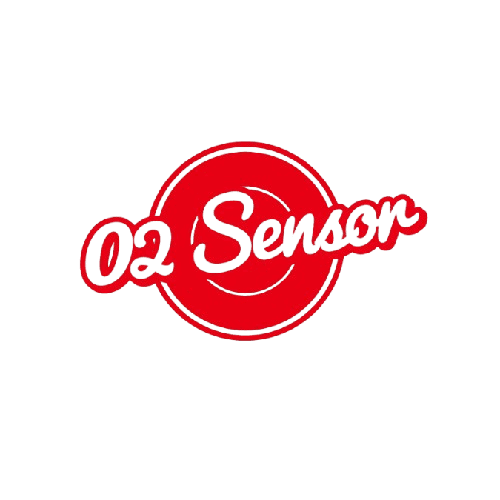Your cart is currently empty!
Tag: 13461 oxygen sensor
-
How to choose the best 13461 oxygen sensor for the Hyundai Accent 1.6L
Selecting the right oxygen sensor for your Hyundai Accent 1.6L is crucial to ensure optimal engine performance and fuel efficiency. The 13461 oxygen sensor is a vital component in this process. In this article, we will guide you through the process of choosing the best 13461 oxygen sensor for your Hyundai Accent 1.6L. Understanding the…
-
Why does your Hyundai Accent 1.6L need to replace the 13461 oxygen sensor
As a Hyundai Accent 1.6L owner, maintaining your vehicle's performance and emissions is crucial for a smooth and eco-friendly driving experience. One component that plays a pivotal role in this regard is the 13461 oxygen sensor. In this article, we will delve into the reasons why your Hyundai Accent 1.6L may need to replace the…
